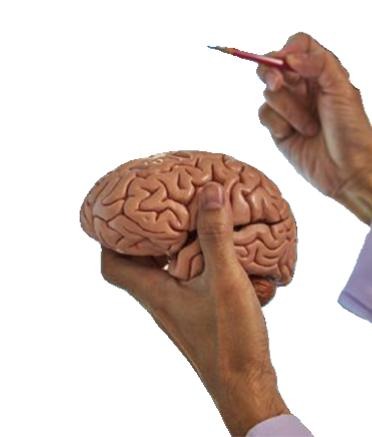
Adult neurosurgery focuses on diagnosing and treating conditions of the brain, spine, and peripheral nerves in patients aged 16 and older. These conditions may be traumatic (caused by injury) or non-traumatic (due to diseases or other medical issues). Treatment can be surgical or non-surgical, depending on the severity and type of problem.
Traumatic Brain Injuries (TBI)
Traumatic brain injuries occur from events like road accidents, falls, or head injury due to assault. While neurosurgeons can’t undo the damage caused by the initial injury, they work to prevent further complications.
Most patients with TBI don’t need surgery but require close monitoring in an ICU to manage symptoms and prevent deterioration. Common treatments include medications to reduce brain swelling, anti-seizure drugs, and sometimes ventilatory support. If medical treatment fails, surgery may be necessary.
For patients with blood clots pressing on the brain (subdural or extradural hematomas), surgery is often needed to relieve the pressure. In severe cases, part of the skull may be temporarily removed to give the brain space to swell. This procedure, called decompressive craniectomy, helps protect the brain from further damage.
Non-Traumatic Brain Conditions
Non-traumatic brain conditions can present with headaches, vomiting, seizures, memory problems, balance issues, weakness, or visual disturbances. These symptoms might be due to brain tumors or other neurological issues and need further investigation.
In older adults, memory problems may indicate Alzheimer’s disease, and if combined with urinary urgency and difficulty walking, the condition could be Normal Pressure Hydrocephalus (NPH), which may require surgical intervention.
Spinal Conditions
Spinal problems such as disc degeneration, herniated discs, or spinal tumors are also common in adult neurosurgery. Symptoms include back pain, leg pain, weakness, and bowel or urinary issues.
Most patients with spinal problems are treated with medications, rest, and physiotherapy. However, if a patient suddenly develops weakness or trouble controlling their bladder, emergency surgery may be required to relieve pressure on the spinal cord. Conditions like spinal tumors usually require surgery.
Peripheral Nerve Conditions
Nerve compression, such as carpal tunnel syndrome or nerve injuries can cause numbness or tingling in the hands or feet. These conditions can often be treated with medications, injections, or surgery to relieve the pressure on the nerves.